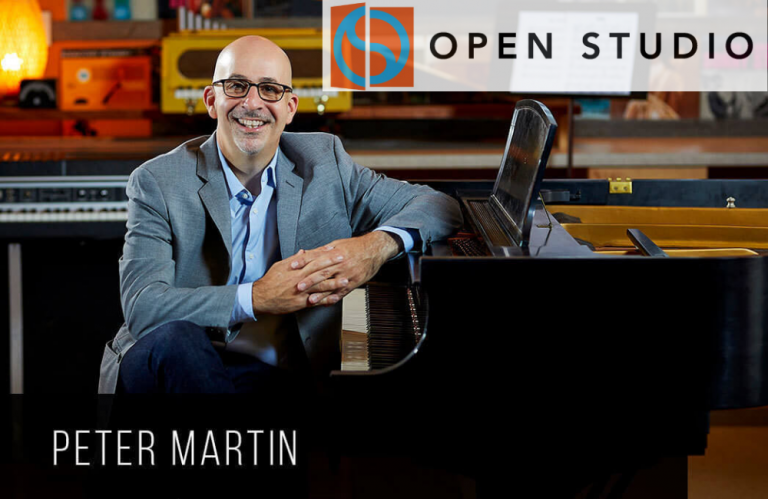
Jazz, a musical dialect born of improvisation and collective expression, has captivated audiences for generations. Its ability to evoke a myriad of emotions, from soulful melancholy to exuberant joy, is unparalleled. As the world becomes increasingly interconnected, the desire to learn and appreciate this complex art form has grown exponentially.
Open Studio Jazz has emerged as a pioneering force in making jazz education accessible to a global audience. Their online courses offer a unique opportunity for aspiring musicians and enthusiasts alike to delve into the intricacies of this genre. This review serves as a valuable resource for anyone considering embarking on a jazz journey.
By providing a comprehensive assessment of Open Studio Jazz’s curriculum, teaching methods, and overall effectiveness,this review empowers potential students to make informed decisions. In a world where information is abundant, critical analysis is essential. I encourage you to explore the pages that follow and discover whether Open Studio Jazz is the right fit for your musical aspirations.
Open Studio is a project of jazz pianist Peter Martin. Here you will find high-quality jazz lessons from several top instructors for:
Membership offers access to all courses, but you can also buy them separately. Here you will find classes for beginners who do not yet have experience with jazz, but also courses for intermediate students who want to improve specific skills. You will learn how to play voicing, use scales, jazz chords, and harmonization. There is also an interesting Brazilian jazz piano course or an improvisation course.
You will learn how to:
Open Studio Jazz offers 78 Courses mostly focused on piano, but you can also find here several courses for other musical instruments.
Open studio jazz piano courses:
Different course for othe musical intruments and vocal
Peter Martin – Founder of Onen Studio and jazz pianist who played with Wynton Marsalis, Dianne Reeves, Christian McBride, or Joshua Redman. Except for his brilliant playing, Peter is also known as a great piano jazz educator.
Geoffrey Keezer – sought after pianist, composer and educator. He toured with Art Blakey, Ray Brown, Benny Golson, Joshua Redman, Sting and many others.
Fred Hersch – 15 times GRAMMY nominated jazz pianist recognized for his expresive interpretation and technique virtuosity.
Adam Maness – great pianists who has been featured on numerous recordings and on national and international radio and television broadcasts. He is also a composer for The 442s ensemble.
Helio Alves – Brazilian jazz pianist who performed and recorded with Antonio Carlos Jobim, Rosa Passos, Joyce, and many others.
Billy Childs – 5 times GRAMMY winning jazz pianists knwon for his collaboration with Sting, Yo-Yo Ma, or Renee Fleming.
…and many others
Beginners, intermediate, advanced
Jazz, gospel, blues
Video lessons
Essentially, Open Studio Jazz caters to a wide range of individuals interested in jazz music, from those just starting out to seasoned musicians.
pen Studio Jazz primarily focuses on jazz education. Their courses for piano, guitar, bass, voice, saxophone, trumpet, drums and xylophone are structured to cater to a wide range of skill levels, from beginners to advanced players.
While the specific content varies depending on the course level and focus, common topics include:
PROS
CONS
Open Studio Jazz appears to be a valuable resource for anyone seeking to deepen their understanding and proficiency in jazz. Their commitment to quality instruction and fostering a supportive learning environment is evident. While individual experiences may vary, the platform’s potential to transform aspiring musicians into confident jazz players is undeniable.